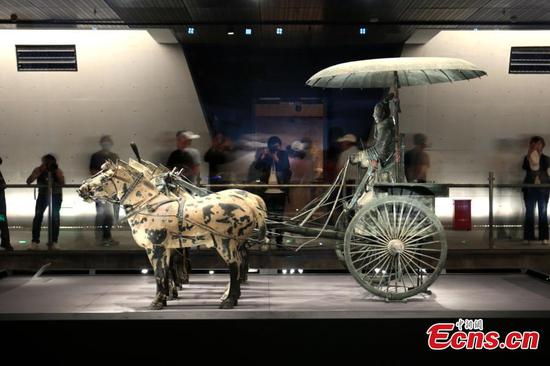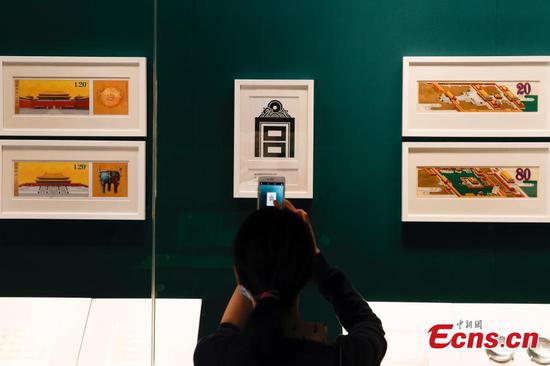
Chinese people generally have an urgent need to create wealth, and have realized the importance of investment and financial management, but less than 30 percent of them are willing to take the corresponding risks, a new white paper said on Tuesday.
The white paper on the financial quotient of the Chinese people was jointly carried out by the Central University of Finance and Economics, and Weimiao, an educational institute. The survey was conducted in 31 provinces, municipalities and autonomous regions across the country, with 54,374 valid responses collected.
According to the white paper, 89.7 percent of the respondents said their biggest concern about investment and financial management was a lack of financial knowledge, with 80 percent citing an understanding of financial products, 68.3 percent financial computing ability, and 54.4 percent the dynamic mastery of financial and economic policies.
The COVID-19 pandemic partly triggered a shift on people's wealth perceptions, with awareness on saving, wealth management and insurance increasing, said the white paper.
The survey data showed that only 3.7 percent of respondents felt they had no impact from the COVID-19 pandemic, while over a half of respondents started to pay attention to long-term wealth planning and asset appreciation and preservation, tried to invest in financial management, and improved their risk awareness, as well as 48.3 percent began to reduce consumption and focus on saving.
Moreover, nearly 80 percent are actively engaged in asset management and financial management, with half of them having just set foot in the investment sector. However, the investment market is not friendly to new entrants, with 60.8 percent suffering financial losses in 2020.
The white paper pointed out Chinese people are still used to a financial management model of rigid payment guaranteeing capital and income, with 70 percent rejecting moves with financial risks.
In addition, Chinese women have high financial power in their families, and their investment style is more cautious, preferring stable investment products, said the white paper.
The women are nearly 9 percentage points higher than the men in choosing wealth management products, but nearly 14 percentage points lower than the men on investing in the stock market.
In a survey of married couples on managing household expenses, 46 percent of couples managed their family expenses together, and 22 percent left the management to women.


















































